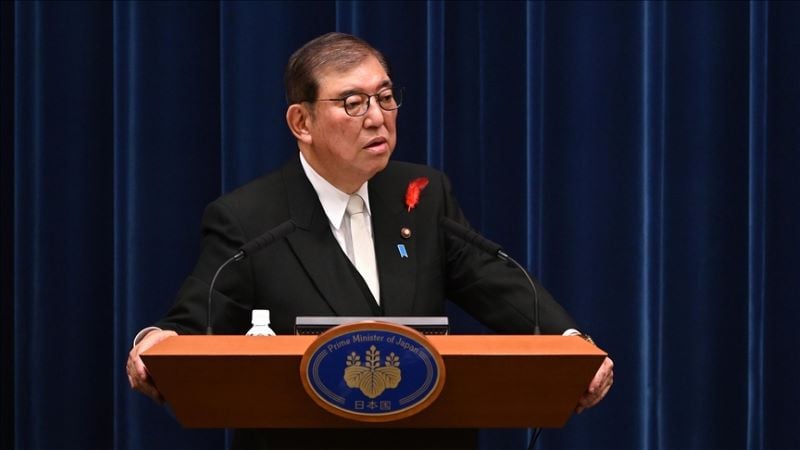
News Desk
TOKYO: In a bold and unprecedented move, Japan’s newly appointed Prime Minister Shigeru Ishiba dissolved the country’s parliament just eight days after assuming office, setting the stage for a snap election on October 27. This rapid dissolution of the House of Representatives is the swiftest by any postwar Japanese leader, as noted by Kyodo News Agency.
Ishiba’s decision comes at a turbulent time for the ruling Liberal Democratic Party (LDP), which is grappling with a damaging political scandal involving alleged misuse of campaign funds. The funds scandal, which has sparked public outcry and led to declining support for the LDP, casts a shadow over Ishiba’s administration, placing immense pressure on the prime minister to secure legitimacy and navigate his party out of crisis.
The election campaign is slated to begin on October 15, and the early vote is seen as a high-stakes gamble by Ishiba, who is looking to consolidate power and steer the LDP away from further controversy. However, the timing and speed of this dissolution have raised eyebrows, particularly among opposition parties, who have criticized the prime minister’s move as a tactical ploy to divert attention from the scandal and solidify his grip on power before further fallout can damage the party’s standing.
As Japan braces for an intense election season, Ishiba’s strategy reflects both the urgency of restoring public trust and the complexities of leading a party mired in scandal. Analysts have questioned whether this snap election will help Ishiba strengthen his position or expose deeper vulnerabilities within the LDP.



